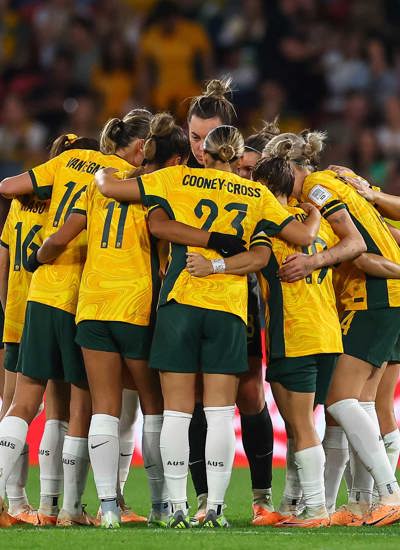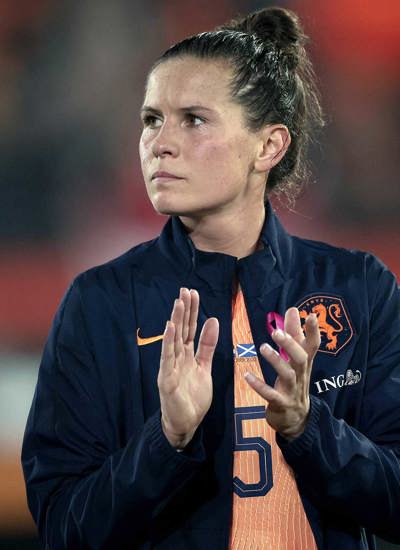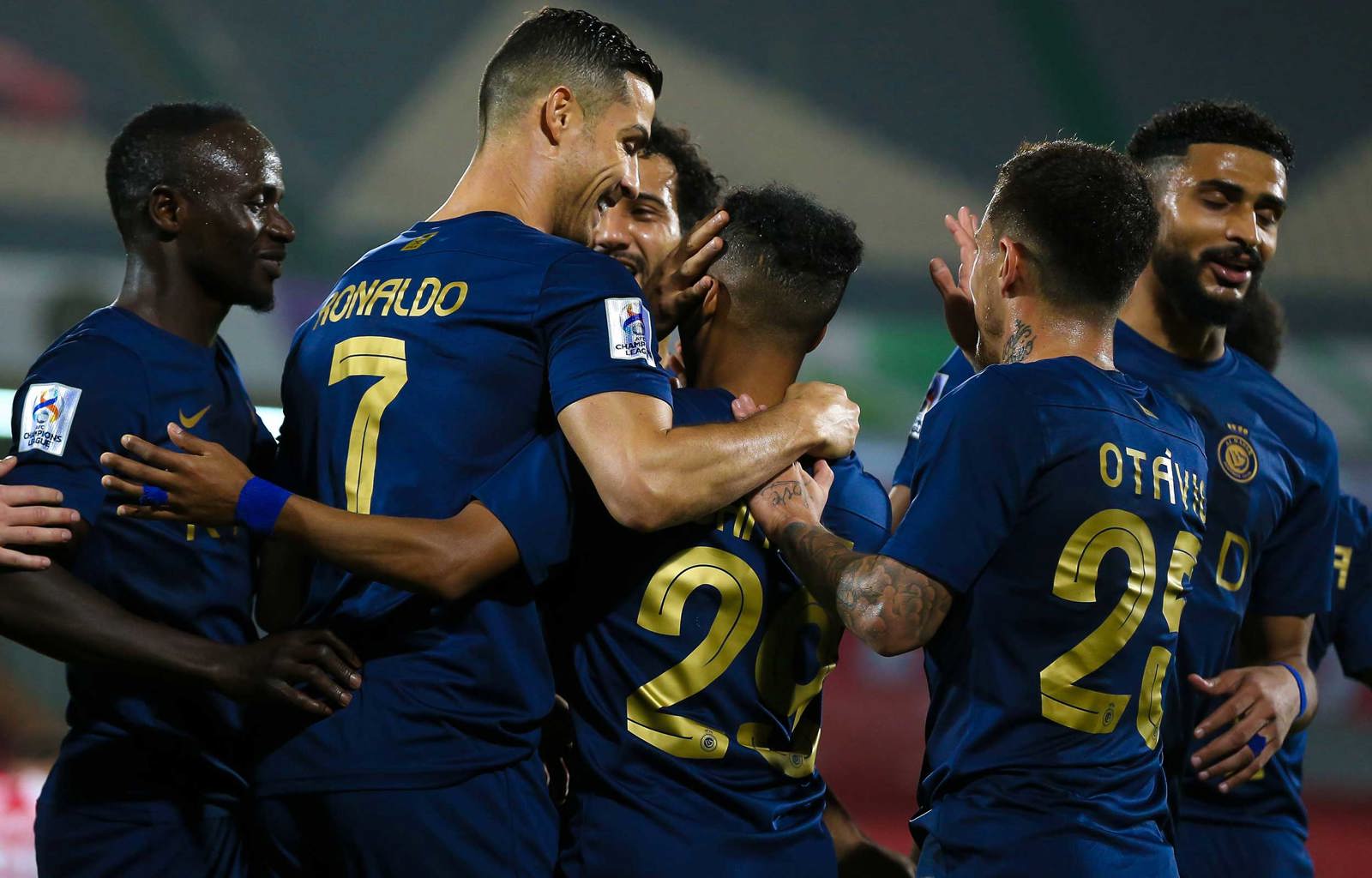
- FIFPRO Asia/Oceania launched most comprehensive public analysis of AFC Champions League in collaboration with leading sporting intelligence agency Twenty First Group
- The analysis shows the competition has not been delivering value for the majority of players and clubs with costs often outweighing benefits – but closer cooperation between the AFC, participating clubs and players can help build a sustainable model
- “It is time for all stakeholders to mutually respect each other as trusted partners,” says FIFPRO Asia/Oceania Chair Takuya Yamazaki
Last week FIFPRO Asia/Oceania successfully launched the most comprehensive public analysis of the Asian Football Confederation’s (AFC) flagship club competition, the AFC Champions League, which recommended the AFC establishes a genuine partnership that delivers a more sustainable model for all stakeholders.
FIFPRO Asia/Oceania collaborated with leading sporting intelligence agency Twenty First Group to provide an evidence-based assessment of the AFC Champions League ‘legacy’ format and examines the likely impact of the new AFC Champions League Elite (ACLE), which will commence in July this year. The report can be accessed HERE.
The analysis weighs the costs and benefits for clubs and illustrates how the current format has not been delivering value, with costs often outweighing benefits – but that closer cooperation between the AFC, participating clubs and players can help build a sustainable model.
FIFPRO caught up with Division Asia/Oceania Chair Takuya Yamazaki to reflect on the reaction to the report, hear how valuable this type of research is in achieving the division’s objectives and what the next steps are for the division.
FIFPRO: Takuya, what was the motivation behind this research?
Takuya Yamazaki: The main motivation is to have more constructive dialogue with other football stakeholders to advocate for more sustainable competitions for all parties. Everyone – especially clubs, leagues and players – has been aware that the current format is unsustainable, but nobody had been able to verify this impression with concrete evidence. From a player union perspective, player workload and welfare issues should be the main focus, but we wanted to be as objective as possible in our analysis and pay attention to other stakeholder interests in order to show that while players are our priority, we are mindful of the entire football ecosystem when we call for reforms.
AFC Champions League: Analysis Report
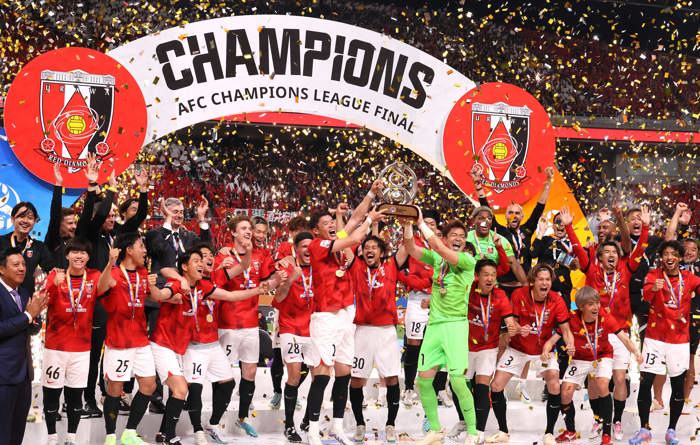
What has the reaction been like from stakeholders to this report?
The reaction has been encouraging, stretching beyond Asia into the international media. The good thing is that we have received a lot of positive feedback from clubs and leagues, which is rarely the case for a player union with this type of report.
How valuable is this type of research in achieving the objectives set by FIFPRO Asia/Oceania?
In our Strategic Framework 2023-2026, we have chosen the following keywords to show our basic principles: future, respect, partnership, professionalism, good governance and fair play. This research is a symbolic project to show our professionalism towards a better future for Asian football, in the spirit of respect and partnership. The key message here is to call for more dialogue, not criticism.
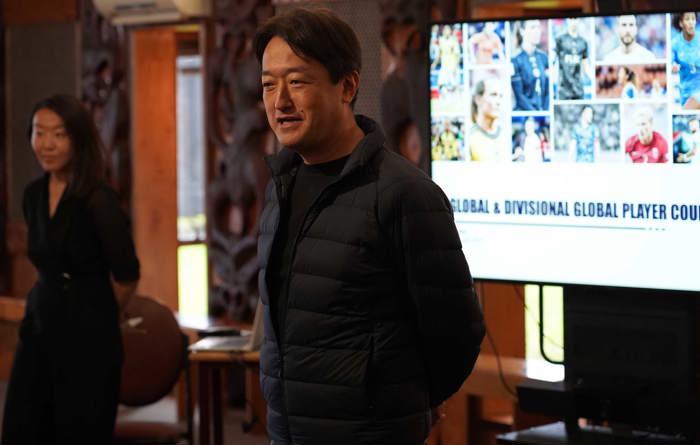
Saudi Arabia will host the AFC Champions League final phase for the next two seasons, with an option for three more. What does Saudi Arabia’s investment in football mean for the rest of the region now and in the future?
Every industry needs proper investment. But especially in the football industry, investment can be very short-sighted and tends to be unsustainable. Football stakeholders need to agree on what should be the most valuable assets as a return of investment.
What are the next steps now from Division Asia/Oceania on the back of this report?
Our plan is to keep producing research and analysis on continental competitions, both at club and national team level, and across men’s and women’s football. In the process we hope to engage in further dialogue with stakeholders across the region, to show that competitions of a higher quality for all parties involved can be achieved with a different decision-making model. What we need is a transition in the decision-making of the football world from hierarchy to partnership. It is time for all stakeholders to mutually respect each other as trusted partners and discuss the sustainable competitions for the future, in the Asian continent and globally.
